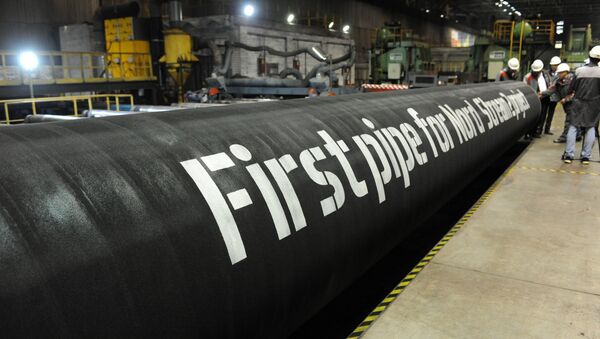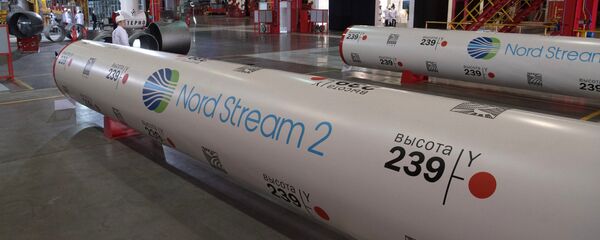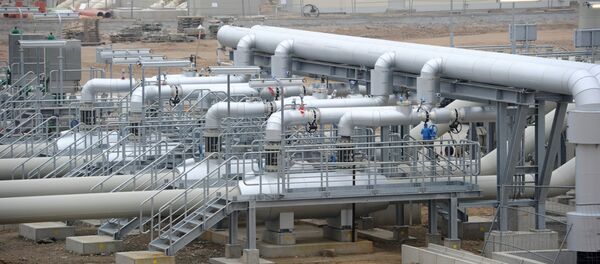"Washington is making no secret of the fact that its new sanctions, including against Nord Stream 2, are aimed at promoting American-made liquefied natural gas (LNG) in the European market. They want gas prices go up in Europe in order to make their LNG supplies profitable. In fact, what we’re talking about is unfair competition," Igor Yushkov, senior analyst with the National Energy Security Fund, pointed out.
In early August, US President Donald Trump signed into law a new batch of sanctions against Russia, Iran and North Korea. In particular, the law restricts dealings with Russian banks and energy companies. Moreover, the US continues to oppose the implementation of Nord Stream 2, citing its alleged adverse impact on the energy security of the EU.
"Those countries regard Nord Stream 2 as a source of reliable gas supplies and an instrument to make prices go down. For example, Berlin has been in direct talks with [Russian gas-producing company] Gazprom. This is why Brussels is unlikely to suspend the initiative," Yushkov suggested.
Commenting further on Washington’s opposition towards Nord Stream 2, the expert said that the projects would be implemented if there were no radical moves by the US. At the same time, he suggested, European countries will stand against external pressure.
"Washington has already made such attempts, including its proposal to automatically extend sanctions against Nord Stream 2. However, European countries opposed it and the sanctions bill was amended. As a result, opponents will not be able to block the project," Yushkov concluded.
Nord Stream 2 presumes the construction of two gas pipelines with a combined annual capacity of 55 billion cubic meters of gas. The new pipeline is planned to be laid along the Nord Stream pipeline route from the Russian coast through the Baltic Sea to a hub in Germany. The pipeline is scheduled to become fully operational in 2019. Shell, Engie, OMV, Uniper and Wintershall are Gazprom's partners on the project.




